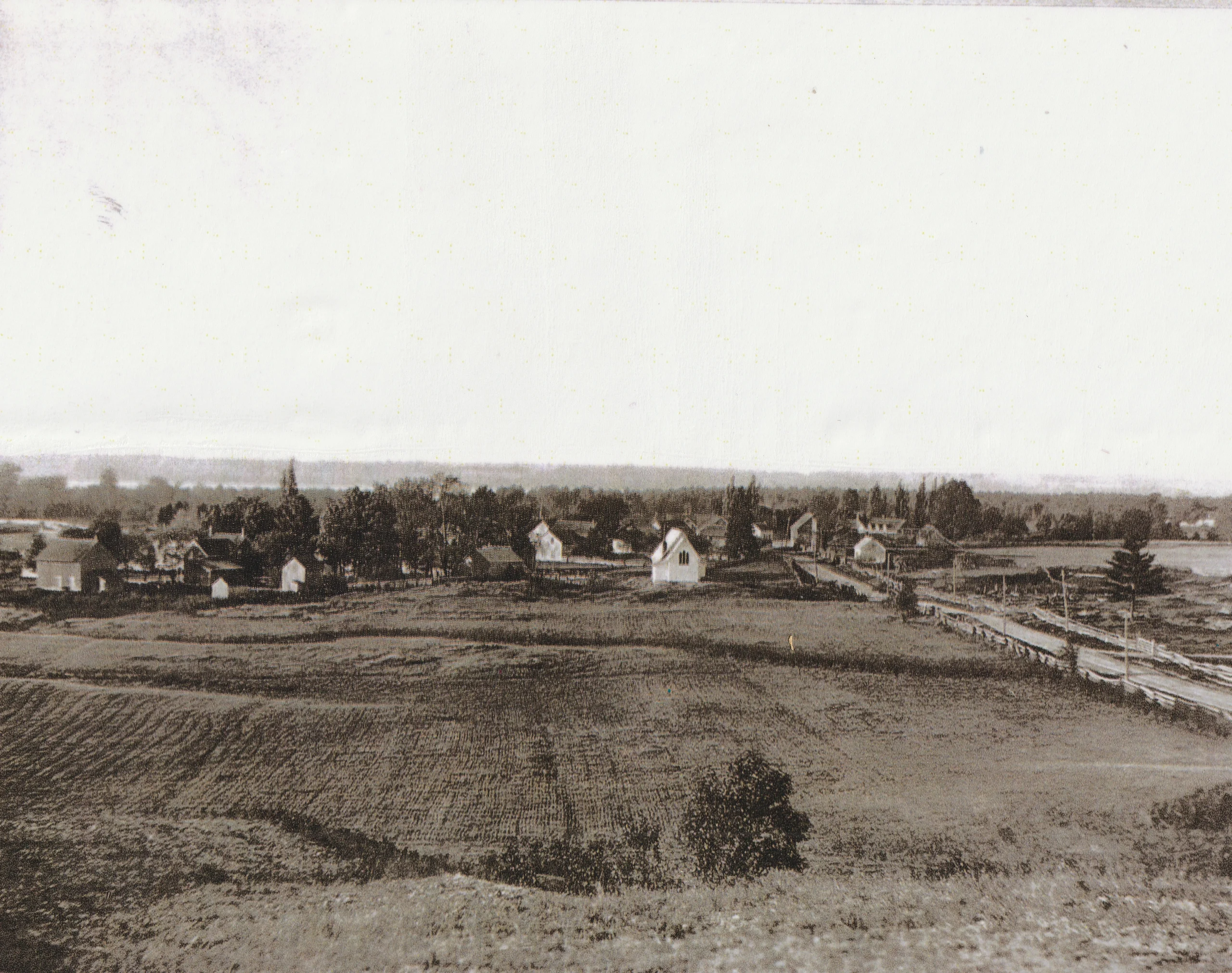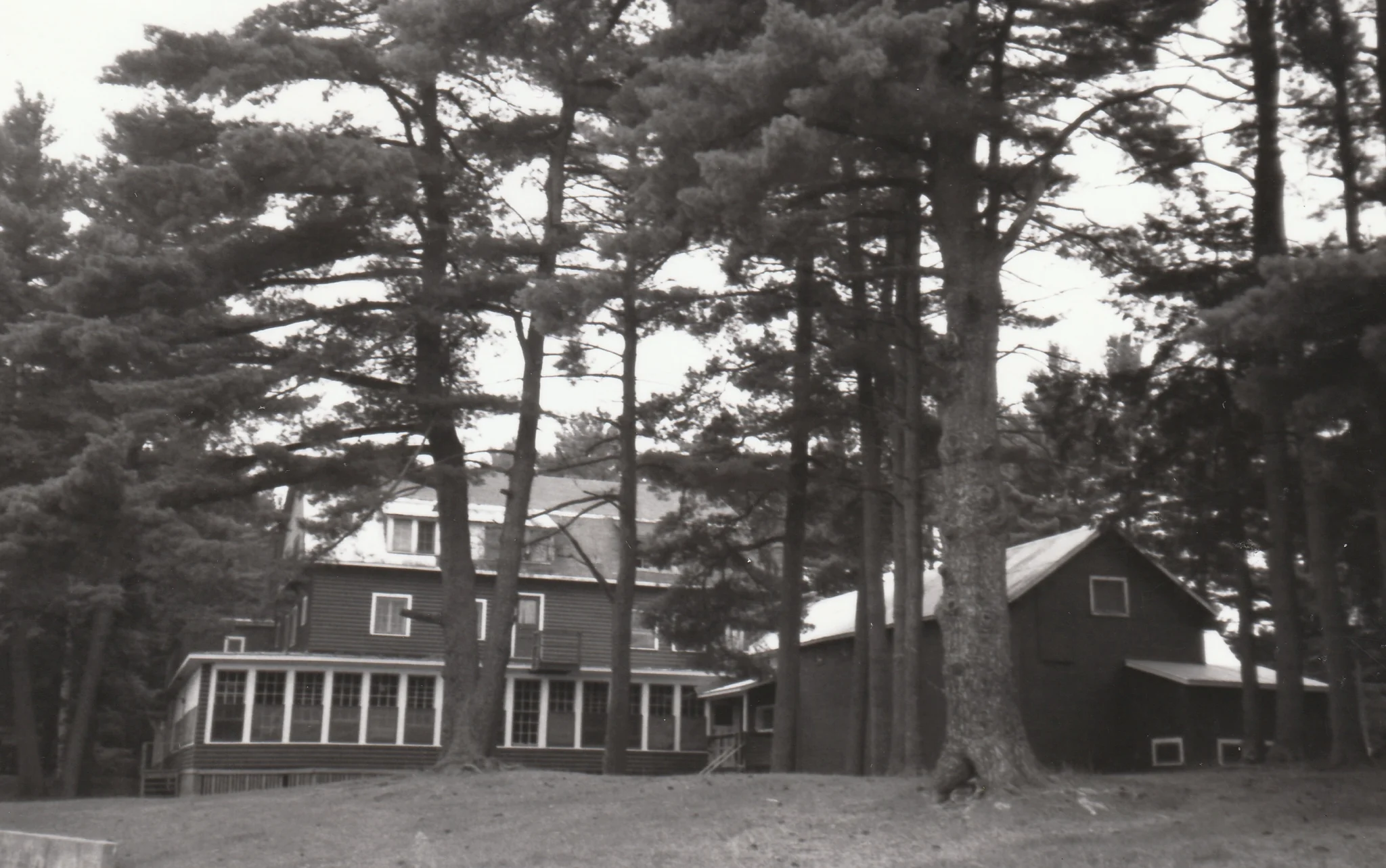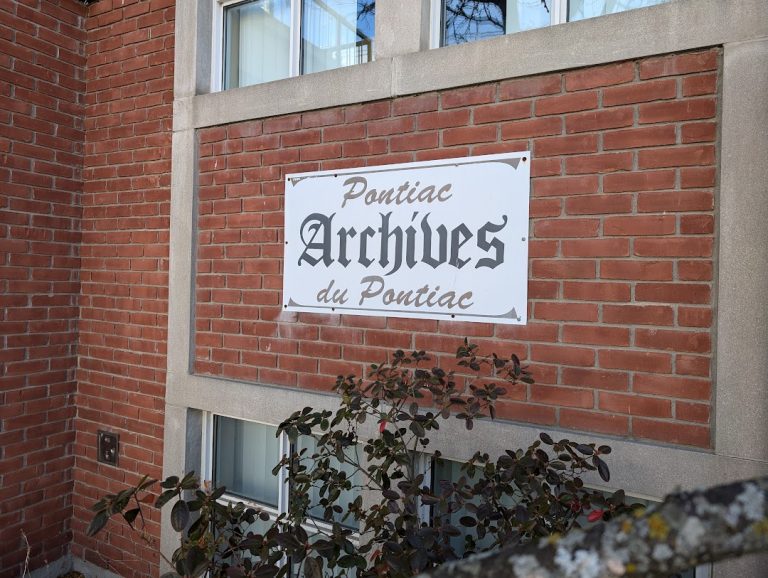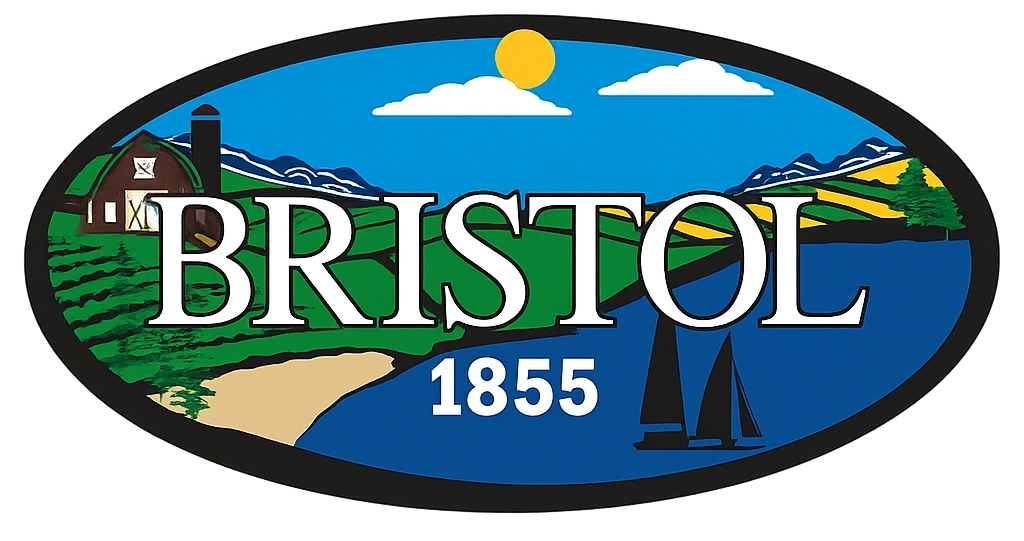Bristol, Quebec traces its origins to the early 1800s, when settlers from Scotland and Ireland made their way up the Ottawa River to clear land and build farms. The township was officially surveyed in 1792 and named after Bristol, England. Its rich soil and river access made it an ideal location for agriculture and forestry, two industries that would shape the area for generations.
By the mid-1800s, small communities like Norway Bay and Bristol Village began to take form. The river played a vital role, not only for trade and transport, but also for recreation. The area became a summer destination for families escaping the cities, with cottages still dotting the shoreline today. Iron mining also played a significant role in the region’s development, with one of Quebec’s first iron pellet plants operating in Bristol until the 1970s.
Today, Bristol is a mix of working farms, seasonal cottages, and quiet residential pockets. Its blend of open farmland, forested hills, and scenic riverfront continues to attract those looking for both heritage and peace. Though small in population, Bristol’s roots run deep—reflecting a legacy of hard work, community ties, and respect for the land.


Bristol Quebec Historical Society
The Bristol Quebec Historical Society (BQHS) is dedicated to preserving and celebrating the rich history of the town. Bringing together individuals passionate about local heritage, collaborating on projects that keep our past alive. Their library, housed in the Bristol community library, is a valuable resource for family and cottage histories.

Pontiac Archives
Located in the basement of the Shawville Library, the Pontiac Archives preserve our local heritage thanks to dedicated volunteers who oversee the ongoing growth of a vast collection of documents.
